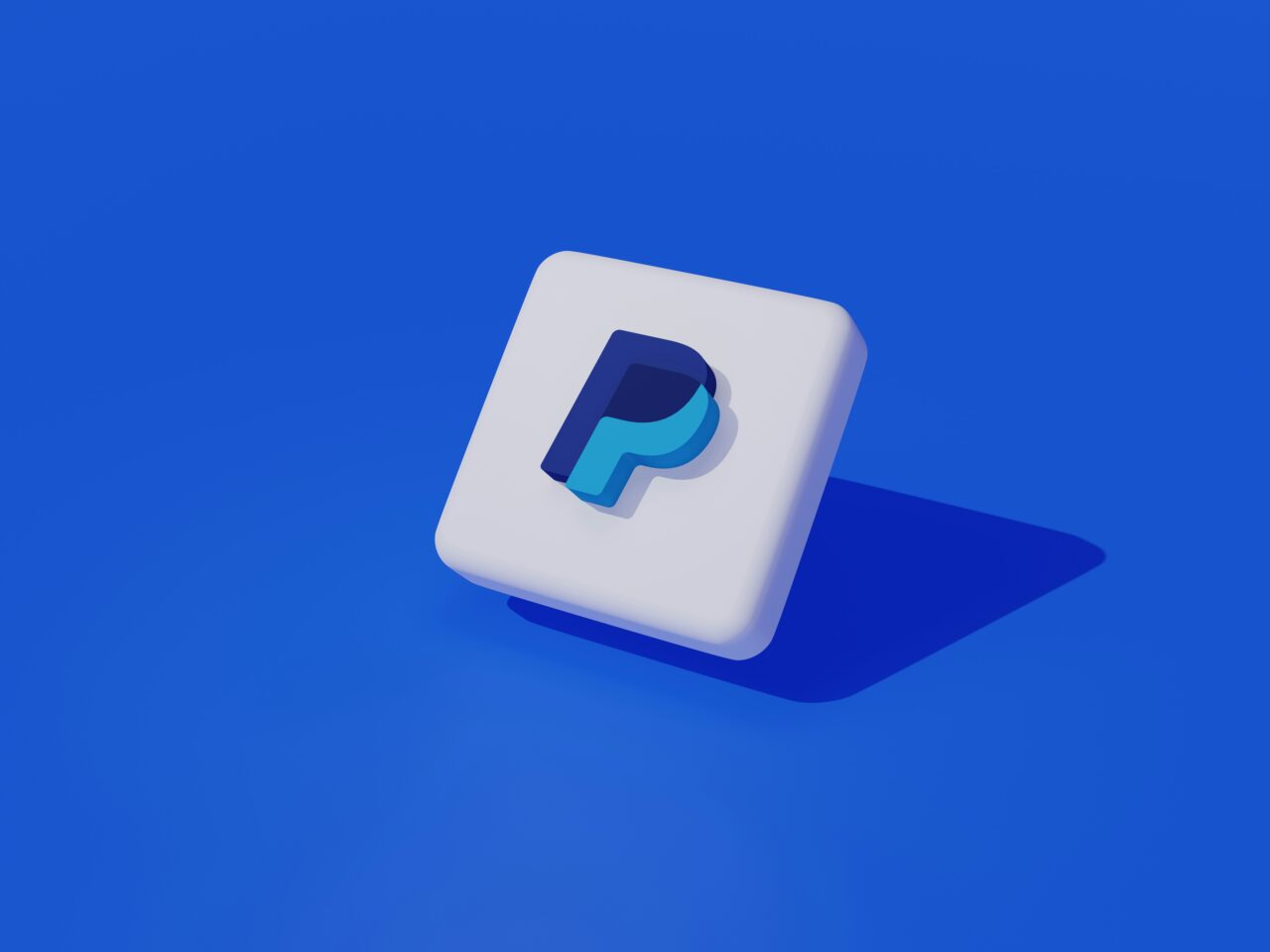
This week’s edition of Finovate Global reviews the latest fintech news from Hong Kong.
RD Technologies raises $40 million in advance of stablecoin licensing
Hong Kong-based stablecoin infrastructure firm RD Technologies has secured $40 million in Series A2 funding. The round was jointly led by a consortium of both new and existing investors. Participating in the investment were ZA Global, China Harbour, Bright Venture, and Hivemind Capital. HSG, Eternal Digital, CMSC Partners, and Guotai Junan International Private Equity Fund were also involved in the funding. RD Technologies raised $40 million in a Series A1 round in September 2024.
The funding comes as Hong Kong’s stablecoin licensing regime takes effect. This regime provides a framework for stablecoin issuers, including the necessary licensing requirements as mandated by the Hong Kong Monetary Authority (HKMA) for companies seeking to issue fiat-backed stablecoins. The new Stablecoins Ordinance also requires these firms to maintain proper reserve asset management, robust stabilization mechanisms, and the capacity to process redemption requests at par value under ordinary conditions. Companies also must comply with anti-money laundering (AML) and counter-terrorist financing (CTF) regulations as well as maintain obligatory risk management, disclosure, and auditing standards.

Founded in 2020, RD Technologies provides technology to help bridge the Web2 and Web3 worlds. An early advocate of stablecoins, RD Technologies drives responsible and sustainable innovation in digital finance via open networks, real-world use cases, and industry-wide collaborations. The company participated in the stablecoin sandbox launched by the HKMA earlier this year, and is developing HKDR, a stablecoin backed 1:1 by the Hong Kong Dollar, via its subsidiary RD InnoTech.
“We are thrilled with the passage of the Stablecoins Ordinance, which sets a clear and robust framework for the sustainable growth of Hong Kong’s virtual asset ecosystem as a global financial hub,” RD Technologies Rita Liu said earlier this year when the stablecoin legislation was passed. “As pioneers in the stablecoin space, with RD InnoTech Limited’s participation in the HKMA’s sandbox, we are dedicated to building trust by aligning with these regulations to deliver secure and innovative solutions for virtual asset trading, cross-border payments, and tokenization of real world assets.”
As part of the investment, RD Technologies and Hong Kong-based virtual bank ZA Bank inked a new partnership through which the two companies will investigate regulated stablecoin use cases in financial services.
Airwallex Launches Yield in Hong Kong
International payments and business financial platform Airwallex has introduced its Airwallex Yield solution in Hong Kong. Airwallex Yield is designed to enhance treasury management by enabling businesses to earn returns on their suplus funds held in multi-currency accounts. There are no lock-up periods with Airwallex Yield, which provides access to highly rated money market funds such as those managed by firms like Fullerton Fund Management and Goldman Sachs Asset Management.

The launch of the new solution, which also went live in Singapore recently, makes Airwallex the first global payments institution to secure a Securities and Future Commission (SFC) license for asset management services in Hong Kong. Yield currently enables companies to generate returns of up to 3.97% on multi-currency balances via discretionary portfolio management services. Airwallex also has partnered with JP Morgan Asset Management to leverage short-duration money market funds in order to provide liquid returns without minimum lock-up periods. Launched in Australia in the fall of 2023, Yield reached more than $67.3 million in funds under management.
“We’re excited to announce the full launch of Airwallex Yield to businesses in Hong Kong,” Airwallex Asia-Pacific General Manager Arnold Chan said. “We’ve seen growing demand from businesses looking for more effective ways to maximize the value of their capital. In today’s dynamic market environment, businesses are actively seeking ways to make their capital work harder. Airwallex Yield gives them a seamless and flexible way to earn returns on their balances, all from within the Airwallex platform. We’re not just looking to help businesses make the most of their surplus balances—we also want to encourage them to bring new funds to Airwallex because of the value Yield provides.”
Chocolate Finance, WeBank, Syfe Announce Hong Kong Entry and Expansion
A number of fintechs have announced plans to enter or expand their presence in Hong Kong of late.
First, Singapore-based Chocolate Finance has secured regulatory approval to being operations in Hong Kong. The news comes as the savings app announced that it has added $19.4 million in Series A+ funding to its coffers courtesy of a round led by Nikko Asset Management. The round also featured participation from existing investors Peak XV, Prosus, and Saison Capital, along with company founder Walter de Oude. Along with the funding news, Chocolate Finance announced a limited time Double Referral Program from July 22 to August 31, offering additional rewards and limited-edition merchandise.
Founded in 2022, Chocolate Finance delivers returns of up to 3% on savers’ first ($15,500) SGD 20k, 2.7% on the next ($23,250) SGD 30k, and 2.7% on any additional amount.
Next up, Chinese digital bank WeBank has won approval to set up its Hong Kong subsidiary, which will manage the institution’s overseas operations there and offer services to businesses covered by the Belt and Road Initiative.
WeBank was launched in 2014 by Tencent in partnership with a handful of other Chinese companies. The financial institution is the largest online-only lender in China, and is one of the world’s largest unicorns with a valuation of $32.4 billion (235 billion yuan).
WeBank’s Hong Kong subsidiary is expected to investigate potential opportunities in fintech such as real-world asset tokenization. The firm will also be a part of Hong Kong Monetary Authority’s “architecture community” for Project Ensemble, the HKMA’s wholesale central bank digital currency initiative.
Lastly, Chocolate Finance isn’t the only Asian company leveraging the occasion of a recent funding to announce increased engagement with Hong Kong. Singapore-based digital wealth platform Syfe recently announced that its $80 million Series C round in June will help fuel the firm’s regional expansion, including further inroads into Hong Kong.
“This fund raise comes at an exciting time as we grow our presence across the region and expand our offerings,” Syfe Founder and CEO Dhruv Arora said. “In our markets of Singapore, Hong Kong, and Australia, nearly half of all adults are in the ‘mass affluent’ segment, meaning those who have between a few hundred to a few million dollars in investable assets, and this segment is growing fast. As a platform built in the region, for the region, we have a deep understanding of what these investors need. We’re in a great position to serve them with personalized, accessible, and high-quality wealth management at scale.”
Syfe will use the capital, which includes an all-equity C2 round of $53 million, in part to fuel its expansion in Hong Kong. In a statement, the company noted that its business in Hong Kong has “doubled in size” since the beginning of the year. Syfe currently has more than $10 billion in assets under management as of end-of-year 2024 and has raised a total of $132 million in funding. The company was founded in 2019.
Here is our look at fintech innovation around the world.
Sub-Saharan Africa
- Orange Money and BaaS fintech JUMO have teamed up to offer credit services in Africa.
- MoneyBadger and Peach Payments partnered to make it easier for merchants to accept Bitcoin and other cryptocurrencies.
- Forbes looked at the connection between African mobile money service, M-Pesa, and Western-based services such as Venmo and PayPal.
Central and Eastern Europe
- Estonia-based AI-powered investing tools company Lightyear raised $23 million in funding after topping $1 billion in assets.
- German credit infrastructure company Credibur locked in €1.85 million in pre-Seed funding.
- eWallet provider MiFinity integrated with PayU in Poland and the Czech Republic.
Middle East and Northern Africa
- Libyan Islamic Bank partnered with Backbase to modernize its consumer banking operations.
- Israel-based tax preparation platform April raised $38 million in Series B funding.
- Egypt’s Midbank announced the completion of its core banking migration with Temenos.
Central and Southern Asia
- India’s Esaf Bank turned to SugarCRM for relationship management.
- TBC Uzbekistan Fintech earned a spot on the CNBC and Statista roster of the world’s top fintech companies, the first Uzbek company to do so.
- Zaggle Prepaid Ocean Services acquired Indian fintech startup Rio.Money.
Latin America and the Caribbean
- Brazilian financial infrastructure firm QI Tech secured $63 million in a Series B extension round.
- PitchBook looked at seven fintech startups driving digital banking in Mexico.
- Payment solutions provider Boku was granted a Payment Institution license from the Central Bank of Brazil.
Asia-Pacific
- Hong Kong’s financial regulator announced plans to issue the first stablecoin licenses in 2026.
- Cathay United Bank teamed up with Avaloq to launch new onshore private bank in Taiwan.
- Standard Chartered forged a strategic technology and growth partnership with Alibaba Group.
Photo by Florian Wehde on Unsplash










